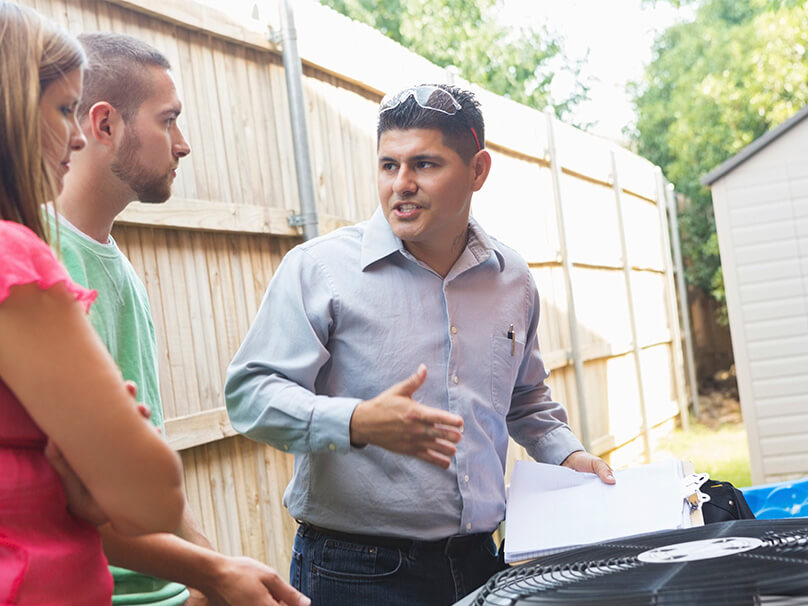
In the sweltering climate of Port St. Lucie, Florida, air conditioning units are essential for maintaining indoor comfort and quality of life. However, like all mechanical systems, air conditioners have a finite lifespan and require periodic assessment to ensure optimal performance and longevity. In this blog post, we’ll discuss the factors that impact the lifespan of air conditioning units in Port St. Lucie and how homeowners can conduct longevity checks to assess the condition of their AC systems.
Climate Conditions
The hot and humid climate of Port St. Lucie can put significant strain on air conditioning systems, causing them to work harder and potentially shortening their lifespan. Exposure to salt air from the nearby coast can also accelerate corrosion of outdoor units. Homeowners should be mindful of these environmental factors and take proactive measures to protect and maintain their AC units accordingly.
Quality of Installation
Proper installation is critical for the longevity of air conditioning units. Poorly installed systems may suffer from inefficiencies, airflow restrictions, and premature wear and tear on components. Homeowners should ensure that their AC units are installed by qualified HVAC professionals who follow industry best practices and adhere to manufacturer specifications.
Regular Maintenance
Regular maintenance is essential for extending the lifespan of air conditioning units. Neglecting routine maintenance tasks, such as filter replacements, coil cleaning, and lubrication of moving parts, can lead to decreased efficiency and increased risk of breakdowns. Homeowners should schedule annual maintenance appointments with HVAC professionals to keep their AC units running smoothly and efficiently.
Age of the Unit
The age of the air conditioning unit is a significant factor in determining its remaining lifespan. Most air conditioners have a lifespan of 10 to 15 years, depending on factors such as usage, maintenance, and environmental conditions. As AC units approach the end of their expected lifespan, homeowners should be prepared to invest in repairs or replacement to avoid costly breakdowns and ensure continued comfort.
Energy Efficiency
Energy-efficient air conditioning units tend to have longer lifespans than older, less efficient models. Newer units with high Seasonal Energy Efficiency Ratio (SEER) ratings are designed to operate more efficiently, reducing energy consumption and minimizing wear and tear on components. Homeowners can assess the energy efficiency of their AC units by monitoring utility bills and considering an upgrade to a more efficient model if necessary.
Signs of Wear and Tear
Conducting regular inspections of air conditioning units can help homeowners identify signs of wear and tear early on. Look for signs such as unusual noises, reduced cooling capacity, and visible damage to components. If any issues are detected, homeowners should contact HVAC professionals for thorough diagnostics and repairs to prevent further damage and extend the lifespan of their AC units.
Conclusion
By considering these factors and conducting regular longevity checks, Port St. Lucie homeowners can ensure that their air conditioning units remain reliable and efficient for years to come. Investing in proper installation, regular maintenance, and energy-efficient upgrades can help maximize the lifespan of AC units and provide long-lasting comfort in the Florida heat.